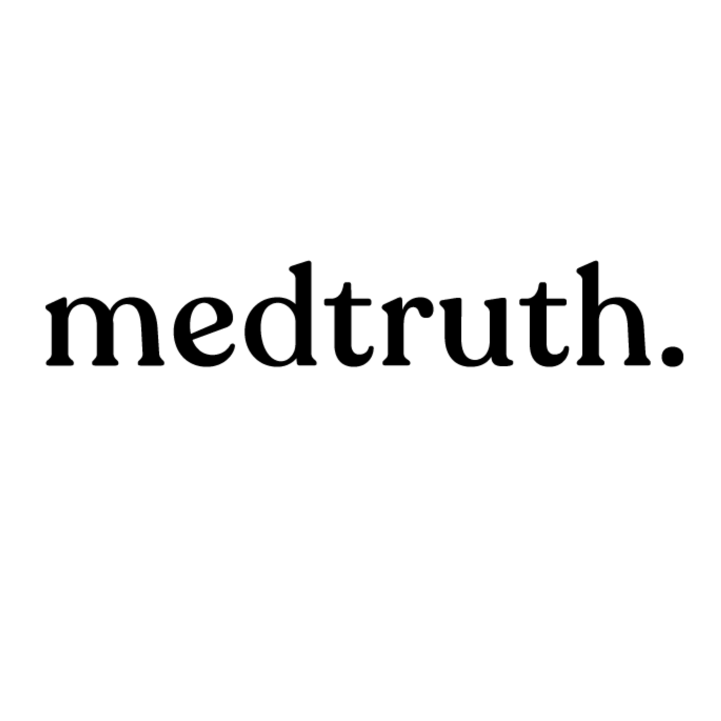FDA Expands Hand Sanitizer Production
Regulations
On Friday, the FDA executed steps to increase alcohol-based hand sanitizer production to combat the shortage. This includes a halted action against companies that produce hand sanitizer. However, regulations regarding sanitary protocol, labeling and ethanol and isopropyl alcohol content,will still be enforced.
The FDA has heard requests from companies that are not drug manufacturers but want to produce hand sanitizers. The FDA iterated that these companies must follow the WHO recommendations for using only alcohol, glycerol, hydrogen peroxide and sterile water.
Supreme Courts Closes For First Time in Present History
Legal Developments
On March 19, the U.S. The Supreme Court made a historic announcement that it was closing its doors for the first time in 100 years. All oral arguments have also been officially postponed in the name of the public health crisis.
While the March 23 oral argument session has been postponed indefinitely, the highest court in the nation will not sit idle. With oral and in-person cases suspended, the Supreme Court will now refocus on deciding the fates of legal petitions and ruling on appeals cases and other matters of law that can be ruled on paper.
FDA Approves COVID-19 Test from Abbott Laboratories
Regulations
In an emergency action, the FDA approved COVID-19 tests produced by Abbott Laboratories. The tests will be shipped all over the country. In addition to tests that have already been sent, the company intends to provide up to a million tests each week, starting with 150,000.
The tests are done with the m2000 RealTime System, which can run hundreds of tests per day. The system already exists in some labs and medical facilities, but Abbott has pledged to send more as needed.
To increase coronavirus screening access, the FDA will also allow medical device manufacturers to send out diagnostic tests and lessen restrictions on lab test authorizations with historic latitude. In a 14-page guidance document, the agency noted its relaxed oversight represents an "unprecedented policy" intended to tackle the "urgent public health concerns" of the coronavirus. The FDA also warned consumers about fake tests, asserting that no at-home test kits have been approved.
Justice System Adjusts to Virtual, Remote Working
Legal Developments
The most recent draft of the COVID-19 bill would issue $1 billion to the U.S. Department of Justice, with an additional $7.5 million to federal courts. The bill includes provisions that permit teleconferencing for criminal hearings.
The bill addresses the isolation policies enacted as a response to COVID-19, which have forced the justice system to shift to telecommunications. From GlaxoSmithKline’s teleconference update about Zofran lawsuits to video interviews, the use of computers and mobile devices has replaced riskier, in-person exchanges.
As federal and state courthouses nationwide shift to virtual alternatives, the justice system is allowed to continue with varying degrees of success, according to Law360. Some courts have found this transition a seamless and sleek process, while others combat technical glitches and face a learning curve with new software while attempting to process cases.


